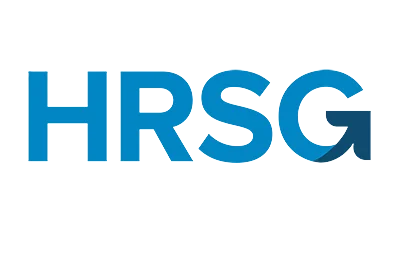Business Strategy is the main pillar of any organization, if the organization has strong business strategy it has more chances to grow well in the long term.
Know About Business Strategy:
Business strategies are referred to the action plan which consists of goals, plans and final achievement of any organization. Containing all aspects of a business to achieve the final objective business strategy outlines the organization’s direction and approach in gaining a competitive advantage in the market, encompassing decisions on resource allocation, market positioning, and ways to sustain long-term success.
What Comprises a Strong Business Strategy?
A proper structure is followed to comprise a strong business strategy that can help businesses flourish in the long term.
It consists of vision and mission, goals and objectives, market analysis, SWOT analysis, target audiences, value proposition, competitive advantage, operational plan, financial plan, monitoring and measuring, risk management, innovation strategy etc..
All of the above components work together to provide a comprehensive framework for guiding the company’s actions and decisions.
Human Resource Management Business Strategy:
Human Resource Management has so many things in line to follow up all the time. And during these hectic routines business strategies help human resource managers to strategies their tasks by following business strategy functions. Human Resources plays a crucial role in business strategy by aligning people-related functions with the overall goals of the organization.
- Hiring The Right People:
HRs are required to hire the suitable people that fit into their organizational goals and benefits which are defined in the company’s business strategy. Similarly workforce planning also comes under this umbrella which means that HR is required to hire the staffing needs based on business goals. This includes identifying skill gaps and developing strategies to address them.
- Employee Wellbeing:
After hiring the right staff, HR is required to ensure the employee’s wellbeing through different strategies be it training and development programs for employees or shaping and maintaining the organizational culture. An engaged workforce is more likely to be motivated and committed to achieving strategic goals.
To attract the right talent to achieve business strategic goals human resource managers design proper compensation and benefits for their talented staff.
- Legal and Ethical Compliance:
To imply a strong business strategy HR ensures that the organization complies with relevant labor laws and ethical standards, mitigating legal risks that could impact the execution of business strategy.
A successful business strategy involves setting clear objectives aligned with the organization’s goals, these can only be achieved when human resources play their part in forming a constructive business strategy informed by a deep understanding of the market and SWOT analysis. By actively engaging in these areas, HR can help create a constructive environment that supports the successful planning and execution of a business strategy.






